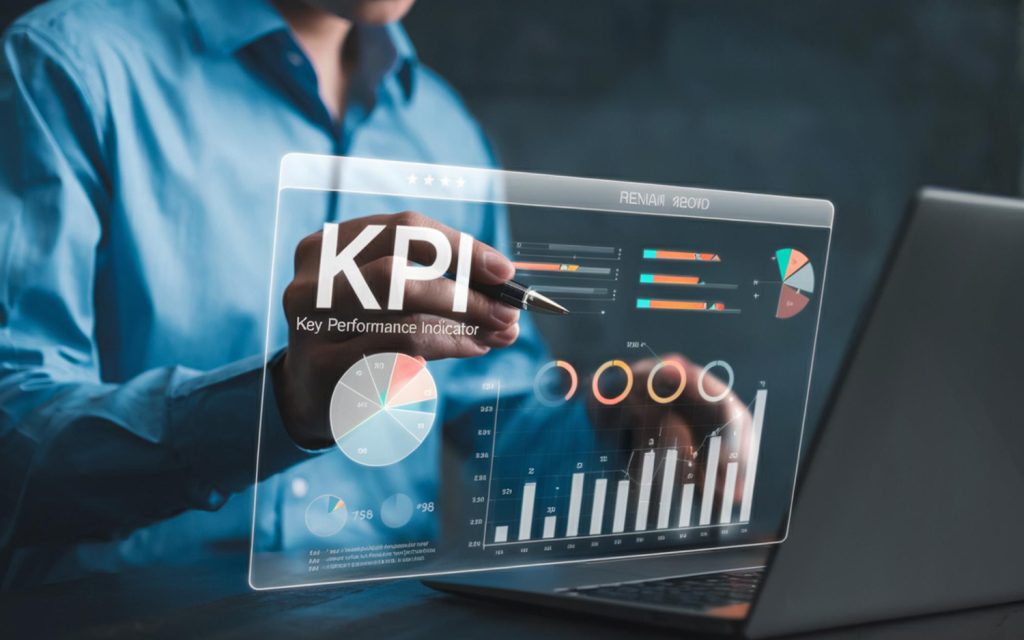Introduction
In today’s digital era, where social media has become an integral part of our lives, influencer marketing has emerged as a powerful tool for brands to reach and engage with their target audience. This article explores the essence of influencer marketing, its benefits, and strategies to effectively leverage this marketing approach to drive brand growth.
Understanding Influencer Marketing
Influencer marketing involves collaborating with individuals who have a significant online following and influence over their audience. These influencers, often found on platforms like Instagram, YouTube, and TikTok, have the ability to shape consumer opinions and behavior through their content. By partnering with influencers, brands can tap into their credibility and trust to promote their products or services.
Benefits of Influencer Marketing
2.1 Enhanced Reach and Visibility: Influencers possess a dedicated and engaged fan base, allowing brands to expand their reach and gain exposure to new audiences. Leveraging influencers’ existing followers can help brands build brand awareness and increase their visibility in an authentic and organic way.
2.2 Trust and Credibility: Influencers have built strong relationships with their followers, fostering trust and credibility. When influencers recommend or endorse a product, their audience is more likely to trust and consider their recommendations, leading to increased brand credibility and potential conversions.
2.3 Targeted Marketing: Influencers specialize in specific niches, attracting audiences with shared interests. This targeting capability allows brands to reach their ideal customers more effectively, ensuring that their marketing efforts are directed toward individuals who are more likely to be interested in their products or services.
2.4 Authenticity and Engagement: Influencer-generated content tends to be authentic and relatable, resonating with followers on a personal level. This authenticity fosters higher engagement rates, as followers actively interact with the content, resulting in increased brand exposure and potential customer loyalty.

Strategies for Effective Influencer Marketing Campaigns
3.1 Define Goals and Target Audience: Before initiating an influencer marketing campaign, brands must establish clear goals and identify their target audience. Understanding the desired outcomes and the audience’s preferences helps in selecting the most suitable influencers to collaborate with.
3.2 Find the Right Influencers: Research and identify influencers who align with the brand’s values, target audience, and niche. Analyze their content, engagement rates, and audience demographics to ensure a genuine and impactful partnership.
3.3 Authentic Collaboration: To maximize the effectiveness of influencer campaigns, brands should encourage influencers to create content that reflects their own style and voice. Authentic collaborations generate more trust and resonate better with the audience, leading to increased engagement and conversions.
3.4 Track and Measure Performance: Implement tracking mechanisms to measure the performance of influencer campaigns. Key performance indicators (KPIs) such as reach, engagement, conversions, and return on investment (ROI) should be monitored and analyzed to assess the campaign’s success and make data-driven adjustments for future initiatives.
3.5 Long-term Relationships: Building long-term relationships with influencers can be highly beneficial for brands. By nurturing these partnerships, brands can cultivate an ongoing association, allowing influencers to become brand advocates and consistently promote the brand’s products or services.
Overcoming Challenges in Influencer Marketing
While influencer marketing offers immense potential, it also presents challenges. Brands must be aware of the authenticity of influencers, potential follower overlap, and ever-evolving regulations. Careful vetting, clear communication, and adherence to advertising guidelines can help mitigate these challenges and build successful campaigns.

Conclusion
Influencer marketing has emerged as a game-changer in the world of digital advertising. By harnessing the power of influential individuals on social media platforms, brands can connect with their target audience in a more authentic and engaging manner. The benefits of influencer marketing are evident, from enhanced reach and visibility to building trust and credibility. By leveraging the unique relationship between influencers and their followers, brands can tap into a highly engaged audience and drive brand growth.
To effectively leverage influencer marketing, brands must carefully define their goals, identify the right influencers, and foster authentic collaborations. By aligning with influencers who share their values and target audience, brands can create compelling and relatable content that resonates with their desired customers. Tracking and measuring campaign performance through relevant metrics allow brands to optimize their strategies and make data-driven decisions.
While challenges such as authenticity, follower overlap, and regulations exist, they can be overcome through thorough vetting, transparent communication, and compliance with advertising guidelines. As influencer marketing continues to evolve, it is crucial for brands to stay informed about emerging trends and adapt their strategies accordingly.
In conclusion, influencer marketing has proven to be a powerful tool for brands seeking to connect with their audience in the digital age. By forging meaningful partnerships with influencers, brands can tap into their influence, authenticity, and engaged following to drive brand awareness, credibility, and ultimately, business growth. As the digital landscape continues to evolve, influencer marketing will remain a valuable strategy for brands looking to stand out in a crowded marketplace and establish meaningful connections with their target audience.
___
by Thomas Theodoridis
source: PPCmate










